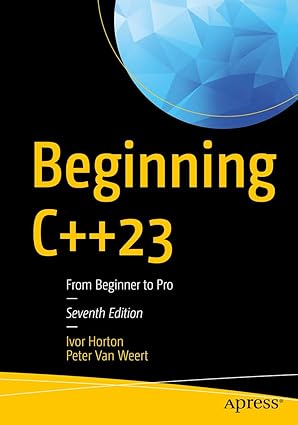String library in C, <cstring> or <string.h> provides several functions to manipulate C strings and arrays. The strcmp() function compares two strings. The function returns 0 if both the strings are equal. The standard form of the strcmp() function is:
int strcmp (const char * str1, const char * str2);
The function compares the string character by character because C treats strings as characters of array.
The return values of strcmp() are either 0, >0 or <0 depending upon string comparison.
Use of strcmp() function
The following C program checks user’s password and terminates when a correct password is entered.
The output of the program can be as below:
Other String Comparison Functions
memcmp() – Compare two blocks of memory referenced by pointers.
strcoll() – Compare two strings using locale i.e. C localization library
strncmp() – Compare characters of two strings up to a certain number.

Kickstart your coding journey with Beginning C++23 – the ultimate guide to mastering the latest in modern C++ programming!
View on Amazon
strxfrm() – Transform string using locale i.e. C localization library





